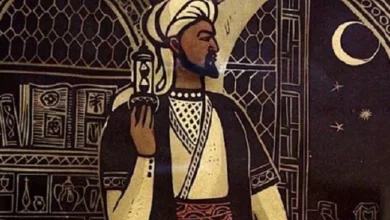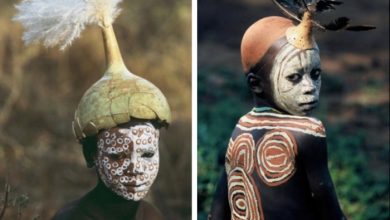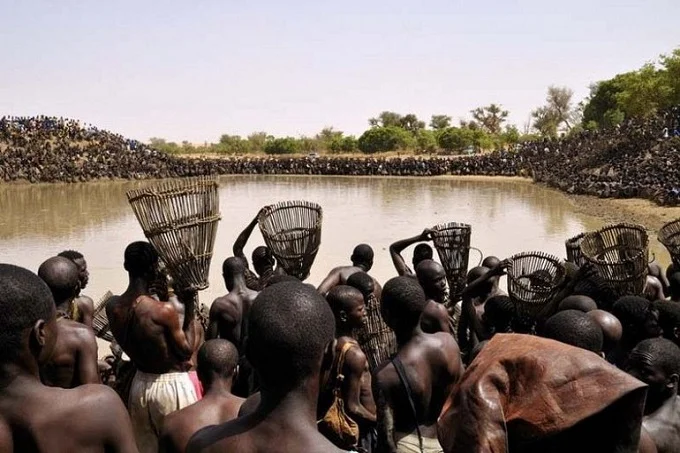Broulaye Camara: “Malian sorcerer” who maintains tradition of puppets
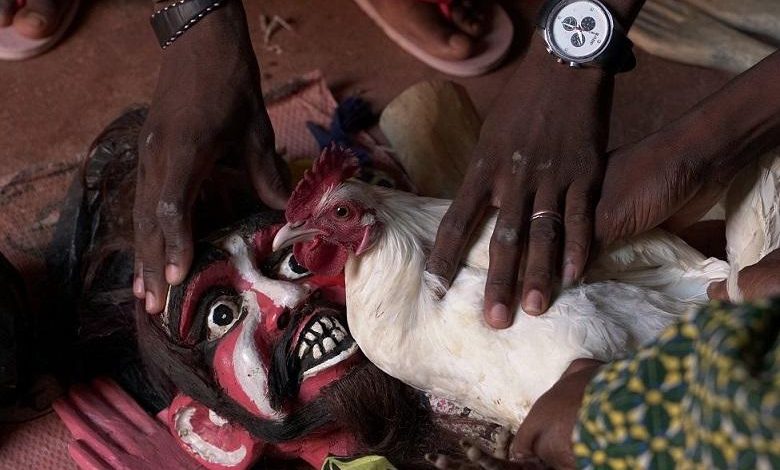
The people behind Mali’s puppet tradition, which has been used to pass on a community’s folklore and culture, are struggling to survive because recent insecurity has put an end to income from tourists, as Clair MacDougall reports in Bamako.
If you head to the edge of a rocky outcrop bordering the capital, Bamako, and ride along the bumpy road in a taxi, you will find the mythical cave that is the puppet workshop of Broulaye Camara. Camara is expressive, just like the puppets he makes and manipulates.
He calls himself the Sorcerer of Dougoudouma, which is the part of Bamako where he was born and where Broulaye Camara learned his trade as a puppeteer. His work is inspired by traditional tales that often carry a message. Camara insists on prayer and the slaughter of a white cock before telling me about his mystical creations and the magic they possess.
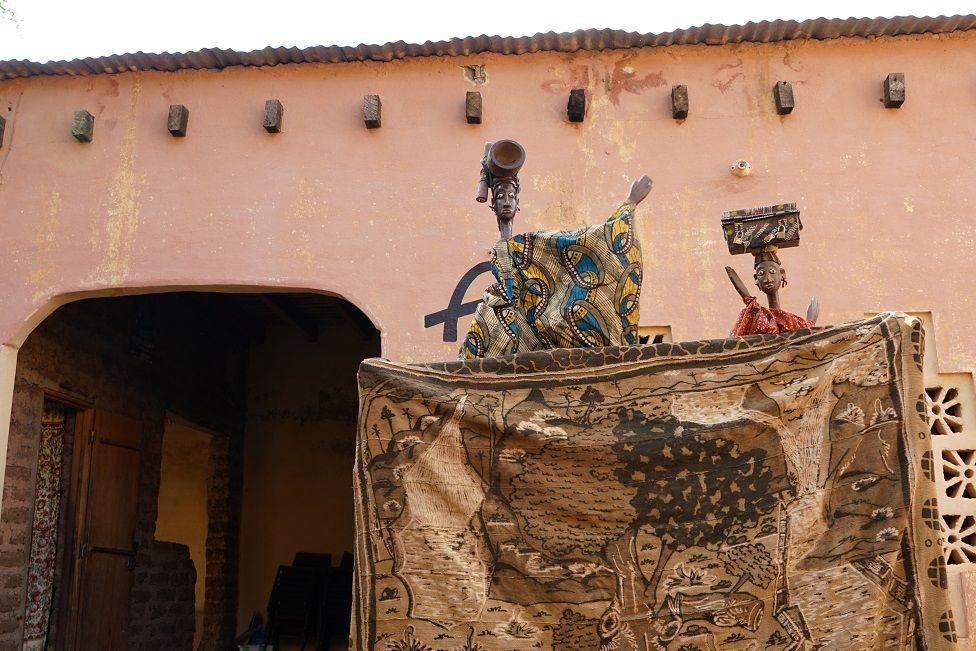
But this magic, which once attracted crowds to Mali and which sent Broulaye Camara to Europe and across Africa to give shows and workshops, lies mainly within the walls of this mythical place. His work has been struck by the insecurity that has prevailed in Mali since the separatist and Islamist insurgency of 2012.
“I have five or six coins [but] we haven’t played them because we don’t have money to make the puppets,” he explained. “Before the crisis, I didn’t complain at all, no,” he lauds. “I didn’t think about money before the crisis.” But now there are no more tourists or visitors before whom to perform. “They stopped coming because they are afraid,” he said. “We are stuck.”
As the security crisis in Mali continues, puppeteers like Camara are struggling to support themselves and attract students who will carry on the tradition. Puppets are a form of entertainment, but they also play an essential role in cultural rituals and festivals of the Bozo and Bambara ethnic groups. When children are trained in this art form, they start with dances with masks, before moving on to puppets, both in human but also animal forms, which cover their entire body.

At each stage, a trainee puppeteer must go through an initiation. Camara did not disclose secret details but said that insiders must be able to keep the secrets of this art. A large number of rituals are performed before the birth of a puppet. They are considered to have the spirits of the ancestors and should be kept in a safe place and watched over by men like Broulaye Camara.
In the Bambara and Bozo culture, puppets rub shoulders with Islamic traditions, which, in other places, prohibit or disapprove of the figurative arts. After a rehearsal ends, he emphasized that he remains concerned about the future of the tradition. Because I’m broke and I have nothing, they will look at me and think, “Why should I do this job if the man who has been doing it for a long time can’t get anything out of it,” he said sadly.
But hope remains. “Some may leave because they hope to get something out of it, but for those who really like it, they will stay,” he concludes

